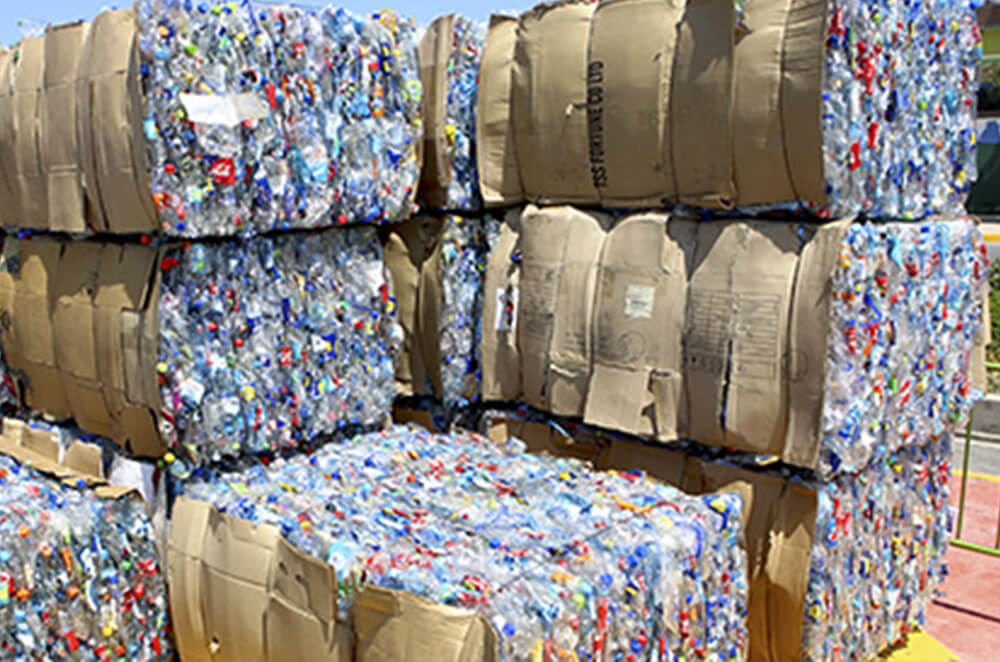
Recycling in Peru: A stretch to go with steps already taken
Fecha: 26/10/2023
What happens to our waste? A simple question that most of us don’t ask ourselves often, if ever. Although it varies from country to country, the general estimate is that a single person generates over 1 kg of trash per day.
Perú, for example, generated over 22.000 tons of solid waste per day in 2022. And, what’s worse, only a very small percentage of that gets recycled or processed, even though the Peruvian government estimates that 75% of this waste could have been reused.
The lack of processing and recycling of waste in Peru, as in large parts of Latin America and many other regions, has several causes. Angel Rodriguez, a local sustainability expert, wrote recently that the gap in recycling is related “on the one side, to the lack of a true understanding of the economic, social and environmental value of recycling; and, on the other, to low levels of environmental education.”
Indeed, processing, reusing and recycling waste can be a million dollar business –no wonder they say one man’s trash is another man’s treasure. And in Latin America, where tens of thousands of people work as informal recyclers in dire and dangerous conditions, creating a formal recycling system would have a very positive social impact.
Rodríguez also says that Peru’s issue is not only a lack of environmental awareness and education around recycling for the general public, but that “most municipalities in our country still don’t have home recycling systems in place (...) Therefore, we must invite our citizens to take action by installing more recycling stations in public spaces.”
Public and private strides
But it’s not all bad news: Peru recently approved new legislation that promotes the industrialization of recycling and prioritizes public, private and mixed investment in infrastructure and treatment practices for the correct disposal of waste.
Plus, there are some private or semi-private initiatives that have been going on in Peru for a few years. Like #ReciclaConsciente, a project led by Intercorp and Supermercados Peruanos that promotes recycling with dedicated stations and by working on citizen environmental education.
Since its founding in 2019, the project has grown successfully and sustainably. In fact, in 2022 they were able to recycle over 100 tons of waste, as well as reach over 8.5 million people on their social media channels, where they share recycling-related content.
Promoting a circular economy
Another interesting local initiative is Sinba, a company from Lima that offers management and processing of waste, as well as training, for local businesses in an effort to promote a more circular economy. They not only work in favor of the environment, and provide jobs for hundreds of people, they are also a successful and growing business, which demonstrates the economic potential that is being lost with our untreated waste.
Sinba processes waste from several Peruvian businesses in their high-tech processing facility, and they also offer training and sorting materials for these companies so they correctly separate their waste before it is collected.
In some cases, they even transform that waste into new products. For example, part of the organic waste they treat at their plant is used to produce food for livestock at urban farms, or even for compost. Sinba is an example of how a circular economy can thrive in Latin America and have a positive social, economic and environmental impact.
